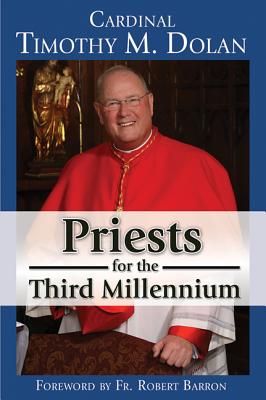
Popes Benedict XVI, John Paul II, and Paul VI addressed key themes regarding stewardship of God's creation, but Francis is the first to devote an entire encyclical to the subject. The encyclical takes its name from Saint Francis of Assisi's Canticle of the Creatures, which depicts creation as a sister with whom we share our life and a beautiful mother who opens her arms to embrace us. Pope Francis declares, This sister now cries out to us because of the harm we have inflicted on her by our irresponsible use and abuse of the goods with which God has endowed her.
Francis calls for an integral ecology based on what Pope Saint John Paul II called an ecological conversion--a moral transformation linking the proper response to God for the gift of his creation to concern for justice, especially for the poor. He challenges people to understand ecology in terms of the right ordering of the fundamental relationships of the human person: with God, oneself, other people, and the rest of creation.
Francis examines such ecological concerns as pollution, waste, and what he calls the throwaway culture. Climate, he insists, is a common good to be protected. He explores notions such as sustainability from a Judeo-Christian perspective. The loss of biodiversity and the unequal distribution of resources, largely caused by the consumerism and excessive individualism of the wealthier nations, threaten the good order of creation, he writes. While valuing technology, he rejects efforts to repudiate the natural order, including the moral law inscribed in human nature. He cautions against an overreliance on science to solve ecological problems and emphasizes the need for openness to God.
Expounding the biblical tradition regarding creation and redemption in Christ, Francis stresses man's subordination to God's plan. He insists on the primacy of the human person in creation and rejects treating it as if it were divine, yet he traces the roots of the ecological crisis to man's self-centeredness and the rise of practical relativism. Without rejecting political changes, he implores people to change their hearts and their ways of life.
member goods
listens & views

GREATEST JAZZ BLUES & RAGTIME ...
by GREATEST JAZZ BLUES AND RAGTIME OF CENTURY / VARIOUS
COMPACT DISCout of stock
$11.99






